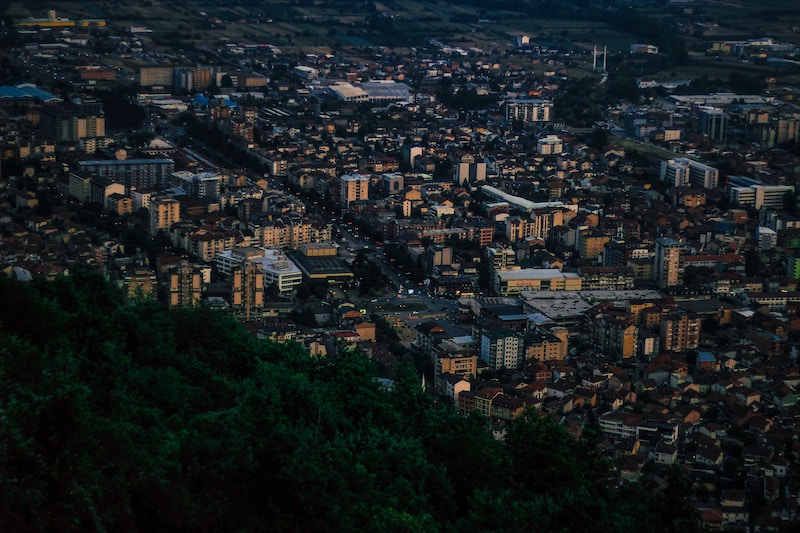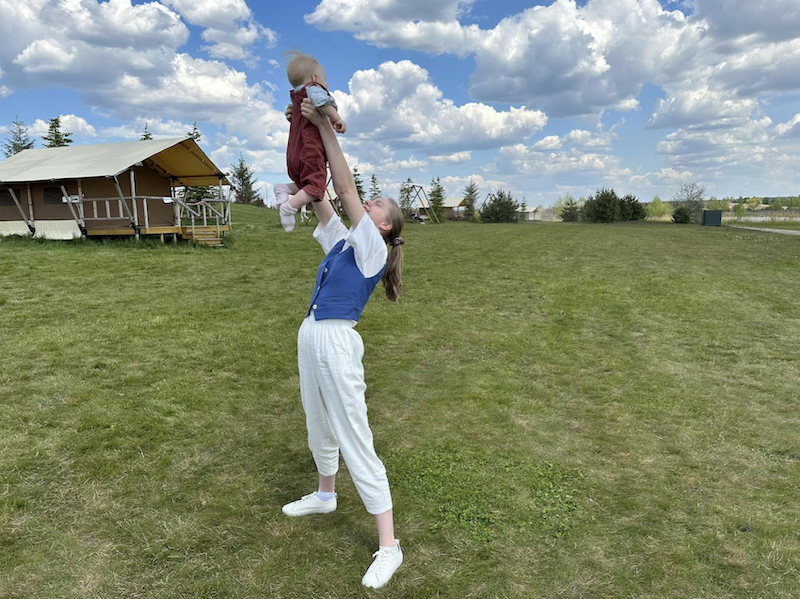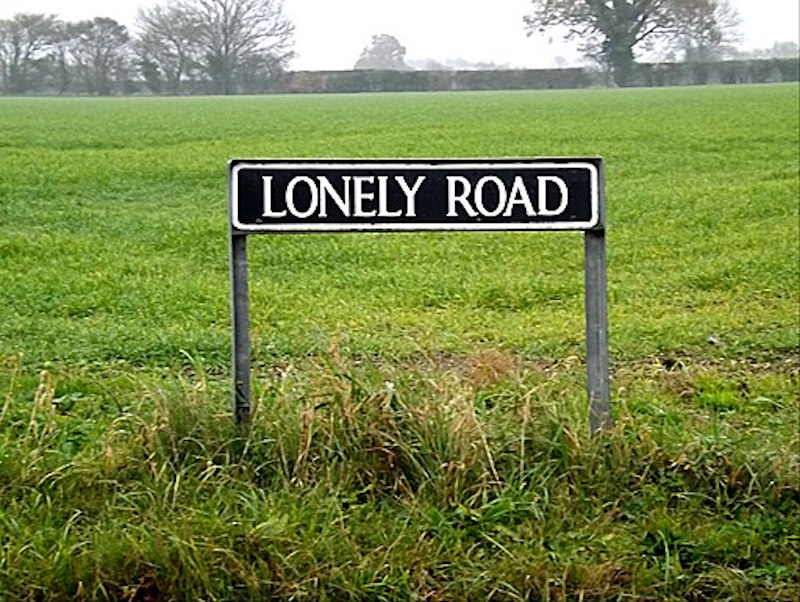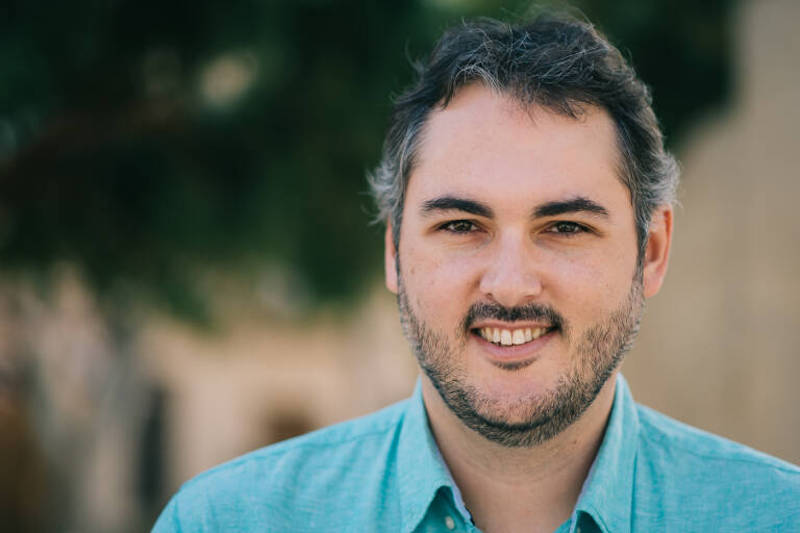“I was ten years old when the war broke out. At first, I mistook the gunshots for firecrackers. But soon there was no doubt, as our home was literally in the middle of the frontline.
I will always remember the dread when the first shell hit nearby. How our house shook, and the windows smashed. I will never forget the beast-like cry of the wounded soldier, who was dragged down our street by his comrades.
I kept imagining being torn to pieces by an explosion. The thought that this could happen to my parents or my sister felt even worse. After a month, when we were evacuated, I was not the same girl. I developed a stutter and experienced episodes of extreme anxiety.
Now I’m 34. I still have to cope with moments of anxiety. During the countdown to New Year, when I hear fireworks, I freeze. They sound like explosions. I don’t like thunder either.“
War came to little Emilija in March of 2001. She had no idea why her town of Tetovo in North Macedonia came under siege, nor what the armed insurgency was all about. Now she knows.





